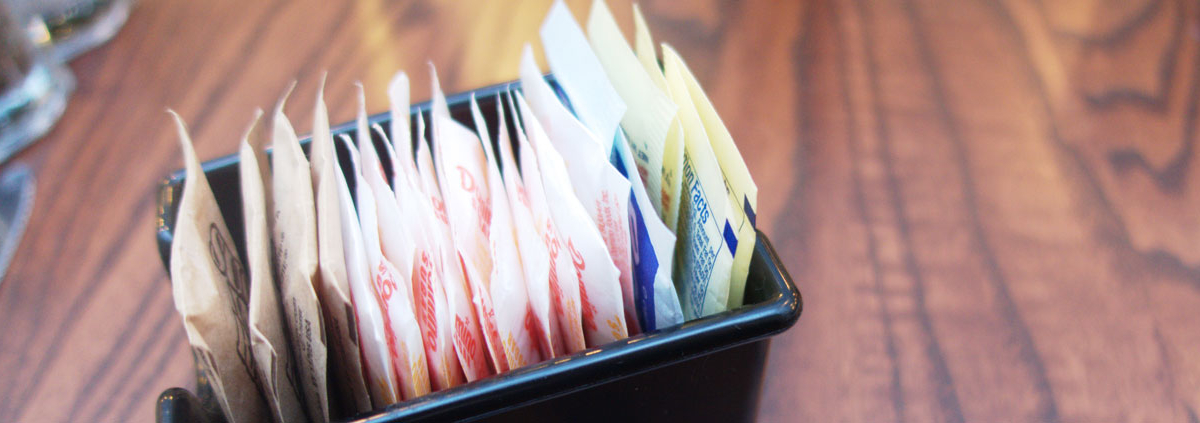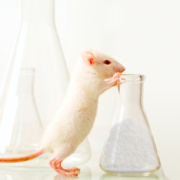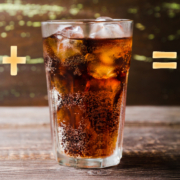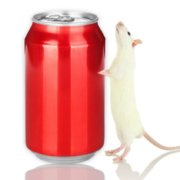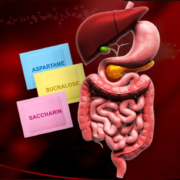Are Artificial Sweeteners Toxic to the Microbiome?
If you use artificial sweeteners and you saw the words “danger,” “artificial sweeteners,” and “serious health issues” all in the same headline, you’d probably be concerned. The headline recently appeared in my newsfeed, and because many of us use artificial sweeteners, I had to check it out. Here’s what researchers found in a study published in the International Journal of Molecular Sciences.
The researchers examined the impact of three artificial sweeteners (aspartame, sucralose, and saccharin) on two strains of probiotics and one form of tissue from the digestive system. First, they tested whether the artificial sweeteners at various concentrations impacted the growth of the bacteria in a typical medium. They didn’t (with the exception of saccharin at the highest concentration.)
Then they tested whether the sweeteners affected the ability of the bacteria to produce a biofilm, something that’s important to our intestinal health. They didn’t.
Finally, they examined whether exposure to artificial sweeteners would cause changes in the bacteria to make them pathogenic; that can happen, for example, with E. coli. Using cell lines drawn from an established line of colon cancer in this experiment, they demonstrated that the bacteria could potentially become pathogenic and enter the cell walls of the epithelium. That means they could theoretically enter the bloodstream and impact our health.
That sounds pretty bad, right? It certainly seems to merit the use of the words “artificial sweeteners,” “dangers,” and “serious health issues” in a headline. But is it of any real concern to you and me? I’ll let you know in Saturday’s memo as we talk about an important topic related to Aging with a Vengeance.
What are you prepared to do today?
Dr. Chet
Reference: Int. J. Mol. Sci. 2021, 22, 5228. https://doi.org/10.3390/ ijms22105228

